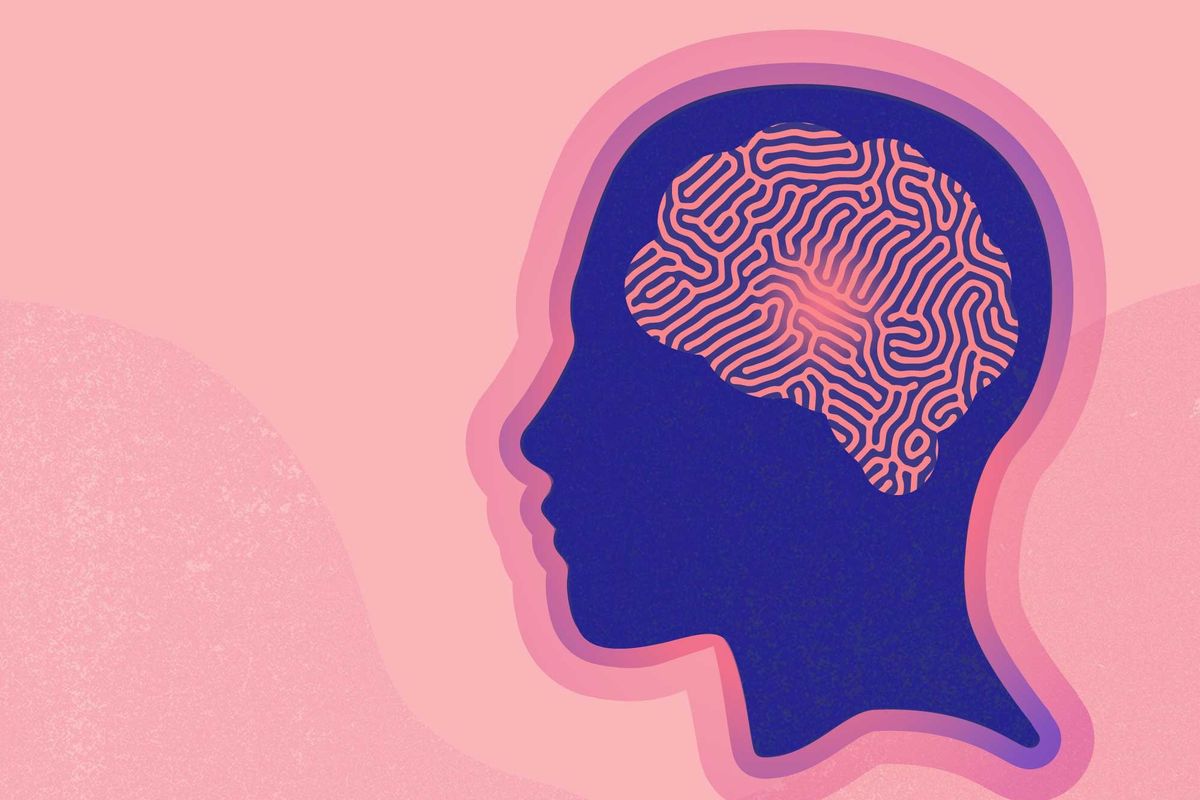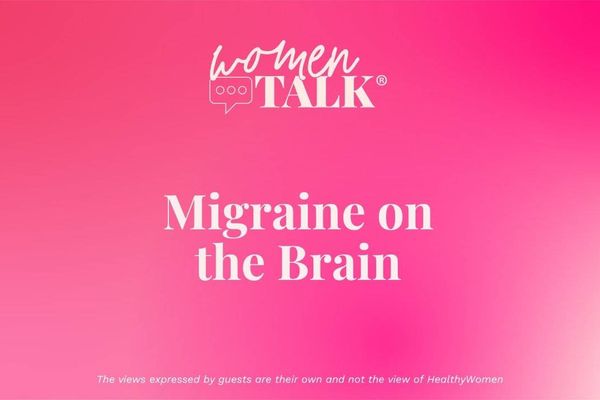Slide 1
Creating a migraine-friendly workplace
It’s not easy to do your job with a migraine, but there are things you and your employer can do to help. Here’s how to ask for what you need when dealing with migraine attacks at work.
Slide 2
Know your rights
Migraine attacks that have a serious impact on your ability to function at work may qualify as a disability under the Americans with Disabilities Act (ADA). The ADA offers legal workplace protection for people with disabilities.
Slide 3
Ask for workplace accommodations
Under the ADA, people who get disabling migraines can ask for “reasonable” accommodations at work. These might include:
- Desk lamps instead of bright overhead lights
- Unscented products in employee bathrooms
- Headphones to block out noise
- Schedule changes
Slide 4
Ask your employer for a flexible schedule
A flexible schedule lets you prioritize your health when you are experiencing a migraine attack. Schedule flexibility might look like:
- Working from home
- Working part time
- Working outside normal office hours
Slide 5
Talk about time off
Check in with HR about workplace policies for paid time off and taking a leave of absence. If you know you’ll need to leave work for regular appointments with a healthcare provider (HCP), you can let HR know.
Slide 6
Discuss disability
Your employer may offer short-term or long-term disability insurance, and the federal government offers benefits through the Social Security Disability Insurance (SSDI) program.
Whether your migraine disease is a disability is decided on a case-by-case basis. You can work with HR and your HCP to see if you qualify.
Slide 7
Stock your workspace
Make sure you have medications and anything else you might need, like cold compresses or sunglasses, close at hand so you’ll be prepared if you have a migraine attack at work.
Slide 8
Share your story
Unless you’ve experienced a migraine attack, it’s hard to understand how debilitating they can be. If you’re comfortable talking to coworkers about your migraine experience, share your story.
Raising awareness about migraine disease can help build empathy and give coworkers insight into how they can support you.
Slide 9
Know you’re not alone
There is no shame in struggling to do your job when you are experiencing a migraine attack. More than 9 out of 10 people with migraine disease aren’t able to work or function normally during an attack.
Slide 10
For more information
To learn more about migraine disease and the way it impacts your life at work (and everywhere else), visit:
- Association of Migraine Disorders
- HealthyWomen
This educational resource was created with support from Pfizer.
- Fact Facts: Everything You Need to Know About Migraine Disease ›
- Migraine Headaches Are a Family Affair ›
- Managing the Workspace with Migraine: One Nurse’s Prescription for Managing Her Migraine Attacks ›
- Self-Care for Migraine Attacks – You Don’t Have to Suffer ›
- We Need to Raise Awareness of Women’s Migraine Disease in the Workplace ›
- 6 Ways Your Boss Can Support Your Health and Wellness - HealthyWomen ›
- How to Support a Loved One with a Migraine - HealthyWomen ›
- Cómo ayudar a un ser querido que tiene una migraña - HealthyWomen ›
- Advocacy Helps Me Handle My Migraines - HealthyWomen ›
- Mi trabajo de concientización es útil para controlar mis migrañas - HealthyWomen ›






